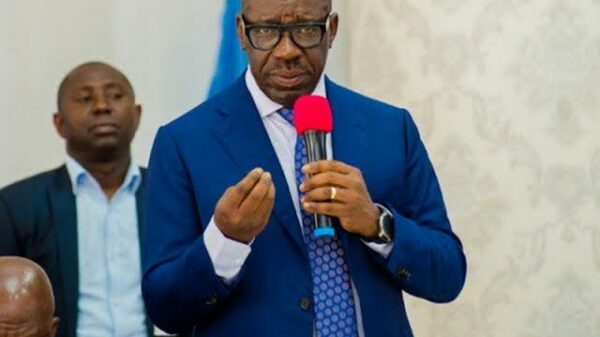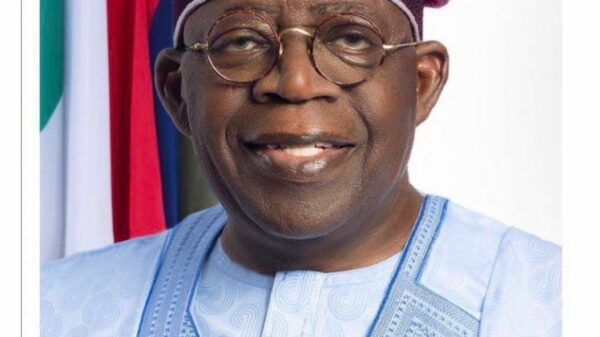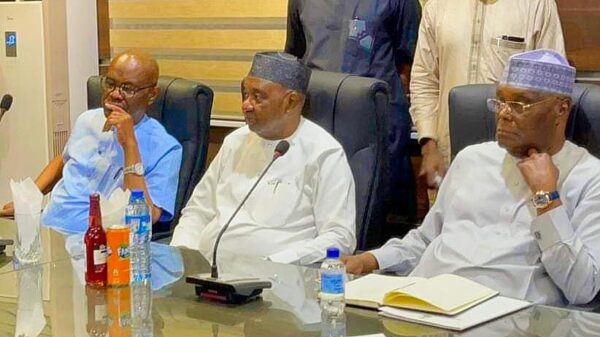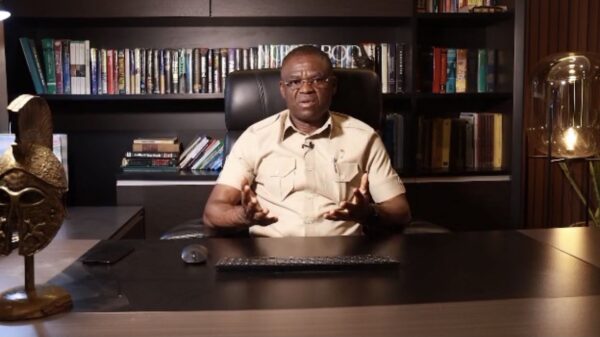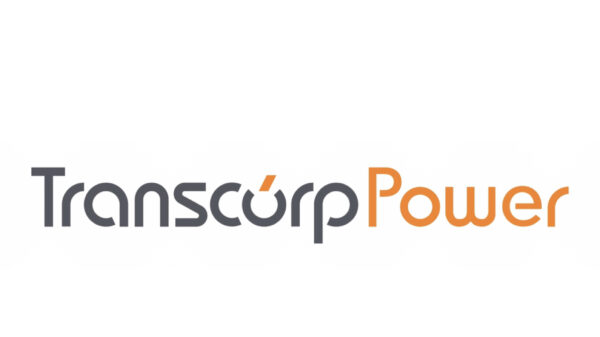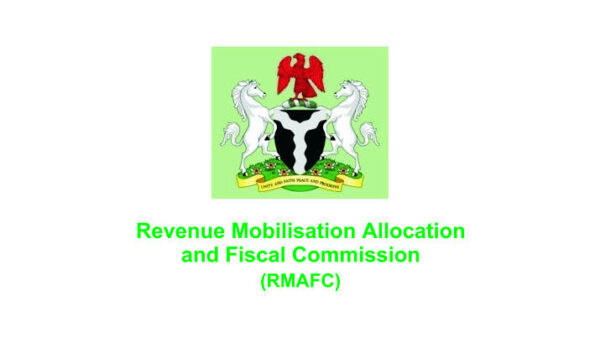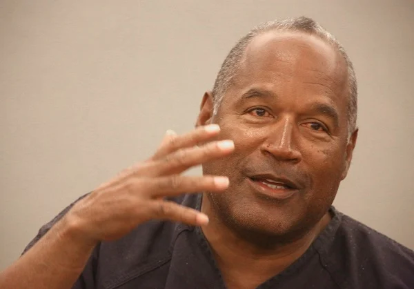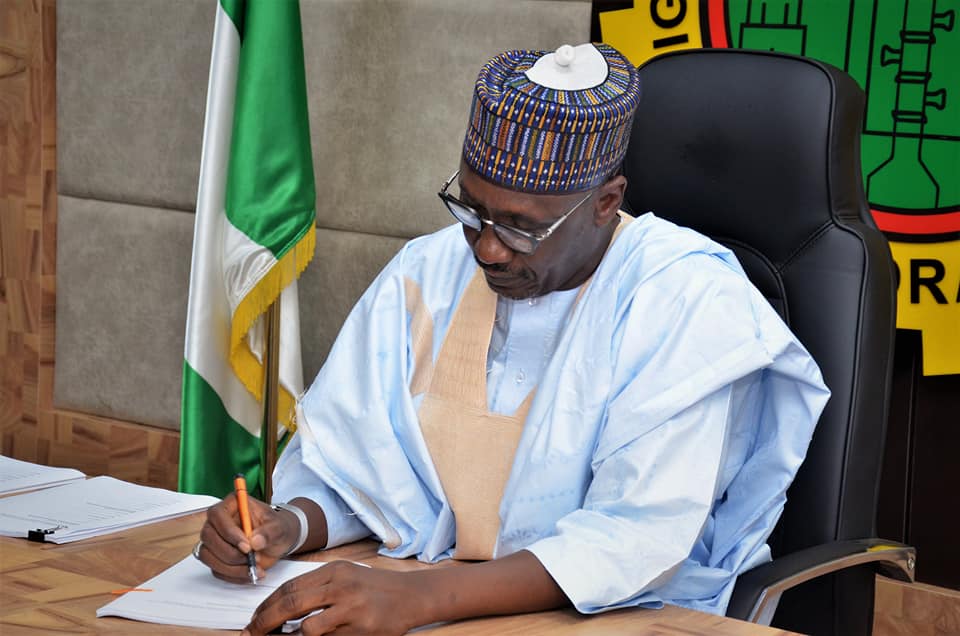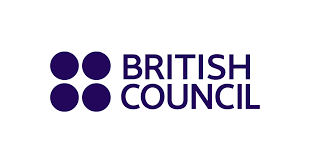Group Chief Executive Officer of NNPC Limited, Mele Kyari has disclosed that Nigeria loses $1.9 billion monthly to crude oil theft.
Gatekeepers News reports that Kyari revealed this when a delegation on an anti-oil theft team led by Timipre Sylva, minister of state for petroleum resources, visited Ifeanyi Okowa, governor of Delta, on Monday at the government house, Asaba.
He said Nigeria hardly meet the production quota due to the activities of these economic saboteurs.
“As a country, we hardly meet our OPEC production quantum of 1.99 million barrels per day with our current production level of 1.4 million barrels per day which is currently being threatened by the activities of these economic saboteurs,” Kyari said.
“This has done extensive damage to the environment, and losing $1.9 billion every month is colossal, considering the nature of the global economy at the moment.”
Kyari further noted that the team needed the support and buy-in of the Delta state government “because stopping this oil theft requires the concerted efforts of the federal, state governments, oil companies and security agencies”.
On his part, Sylva said oil theft had become a national emergency as the country could not meet its Organisation of Petroleum Exporting Countries (OPEC) quota.
“Our production has dropped drastically to very unsustainable levels; so, we have decided to take the bull by the horn by putting some structures in place, and those structures cannot function effectively without the collaboration of the state government,” the minister said.
Okowa, while speaking, called for the review of surveillance contracts on oil facilities to involve host communities.
“Why investment of the communities is needed is because there are some parts of the creeks that cannot be accessed by the surveillance contractor. Therefore, surveillance contracts should not be such that communities are not involved,” he said.
“The surveillance contracts should be tied to performance, and it is always good that communities are involved because they know the environment better.”

